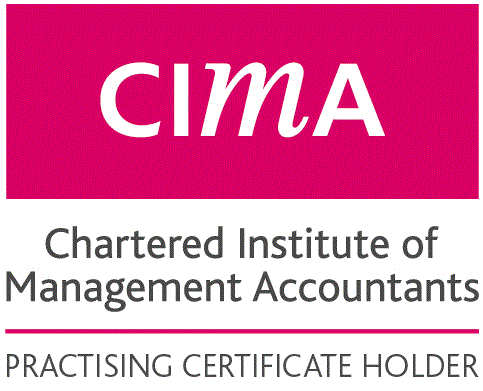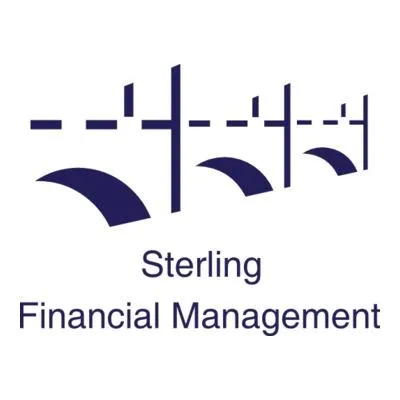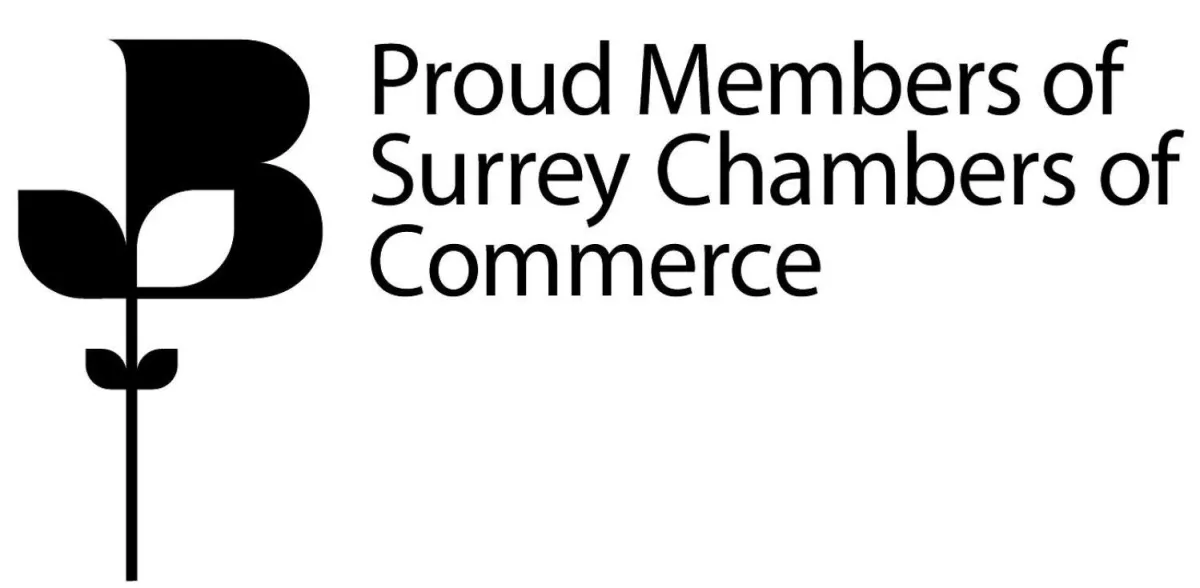

Unlocking the Power of Group Structures: When and Why Your UK Business Might Need One
As your business evolves, so do its complexities. Whether you're expanding into new markets, diversifying services, or seeking ways to protect assets, establishing a group structure could be a strategic move. But what exactly is a group structure, and how can it benefit your business? Let's get into the essentials.
Understanding Group Structures
A group structure involves a parent company (often called a holding company) that owns or controls one or more subsidiary companies. Each subsidiary operates as a separate legal entity but is under the umbrella of the parent company. This setup allows for centralised control while enabling subsidiaries to function independently.
Benefits of Implementing a Group Structure
1. Asset Protection
By segregating valuable assets (like intellectual property or real estate) into a holding company, you shield them from operational risks associated with trading entities. If a subsidiary faces financial difficulties, the core assets remain protected within the holding company.
2. Tax Efficiency
Group structures can offer tax advantages. For instance, losses in one subsidiary can offset profits in another, reducing the overall tax liability.
3. Operational Flexibility
Each subsidiary can focus on specific markets or services, allowing for tailored strategies and operations. This specialisation can lead to increased efficiency and responsiveness to market changes.
4. Risk Management
Isolating different business activities into separate subsidiaries limits the exposure of each to the risks of the others. Depending on turnover, you may also be able to avoid VAT. This compartmentalisation ensures that issues in one area don't jeopardize the entire business.
5. Facilitated Growth and Investment
A group structure can simplify the process of acquiring new businesses or attracting investment. Investors may prefer to invest in a specific subsidiary, and acquisitions can be integrated as new subsidiaries without disrupting existing operations.
When Should You Consider a Group Structure?
1. Diversifying Business Activities
If you're branching into new products, services, or markets, a group structure allows each venture to operate independently, reducing cross-contamination of risks and finances.
2. Preparing for Investment or Sale
When seeking external investment or planning to sell part of your business, having distinct subsidiaries can make the process cleaner and more attractive to potential investors or buyers.
3. Managing International Operations
Operating in multiple countries? Establishing subsidiaries in each jurisdiction can help navigate local laws, taxes, and market dynamics more effectively.
4. Succession Planning
For family-run businesses, a group structure can facilitate the transfer of specific parts of the business to different family members, aligning with their interests and expertise.
Steps to Establishing a Group Structure
Define Objectives: Clearly outline why you're creating a group structure and what you aim to achieve.
Consult Professionals: Engage with accountants and legal advisors to understand the implications and requirements.
Set Up the Holding Company: Register a new company to act as the parent entity.
Reorganise Existing Entities: Transfer ownership of existing businesses to the holding company, ensuring compliance with legal and tax regulations.
Establish Governance: Define the management structure, roles, and responsibilities across the group.
Potential Challenges
While group structures offer numerous benefits, they also come with complexities:
Increased Administrative Burden: Managing multiple entities requires meticulous record-keeping and compliance.
Regulatory Compliance: Each company must adhere to relevant laws and reporting standards.
Cost Implications: Setting up and maintaining a group structure can incur additional costs.
It's crucial to weigh these factors against the potential advantages to determine if a group structure aligns with your business goals
Implementing a group structure can be a powerful strategy for businesses aiming to protect assets, reduce taxes, and facilitate growth. However, it's essential to assess your specific circumstances and consult with professionals to ensure it's the right move.
If you're considering a group structure for your business, our team of experienced accountants is here to guide you through the process. Schedule a consultation today to explore how we can support your business's evolution.

FREE DOWNLOADS
A-Z of allowable business expenses
Download your A-Z guide of allowable business expenses.
Financial Housekeeping For Your Small Business
Download your guide to Financial Housekeeping For Your Small Business - ideal for start ups and early stage businesses
How to Scale Up your Business: Tips and Strategies for Success
Download your guide to How to Scale up your Business - ideal for slightly more established businesses that want to grow and scale their business
Don't want the guide?
But do want our regular email filled with tips and insights into business and how to maximise profit and grow your business?
Click here

Ready to take the stress out of finance?

Not quite ready to commit to a long term contract ? Book a value packed Power Hour for now at £180 Inclusive of VAT.





© 2023 All Rights Reserved | Sterling Financial Management Reg No 9780783,
Accounting, Bookkeeping and Business Advisory in Dorking Surrey RH4 2JF